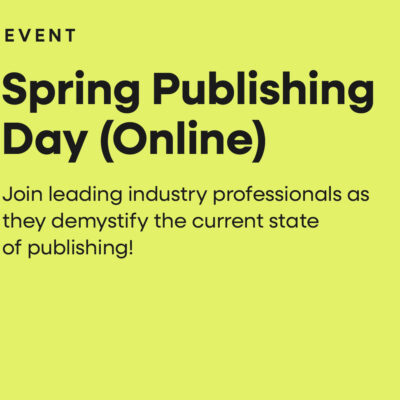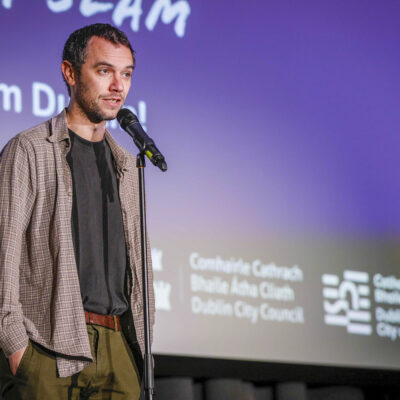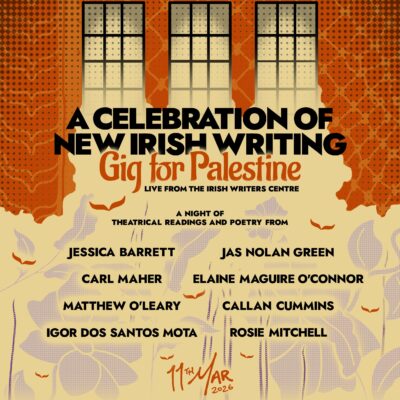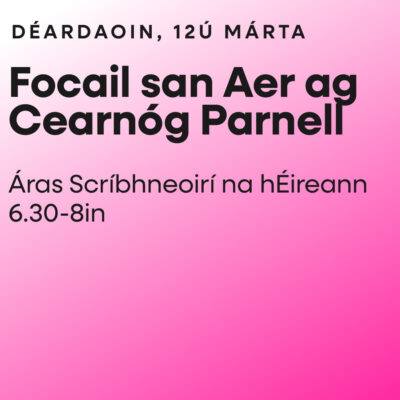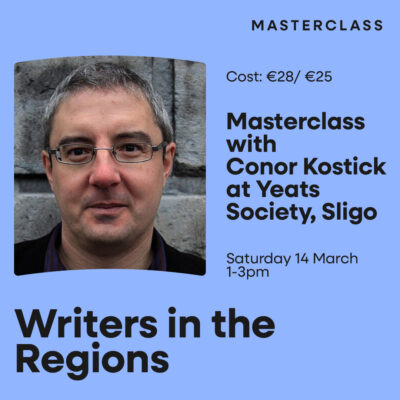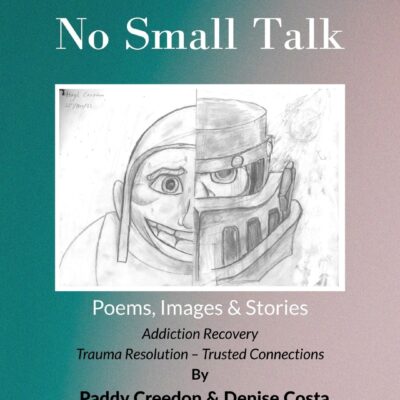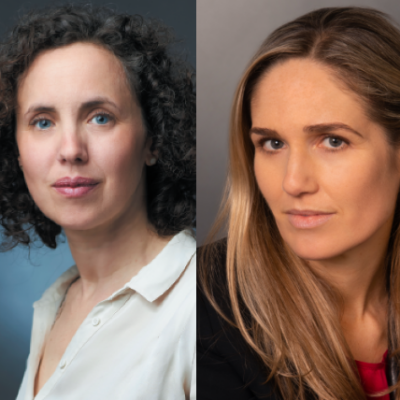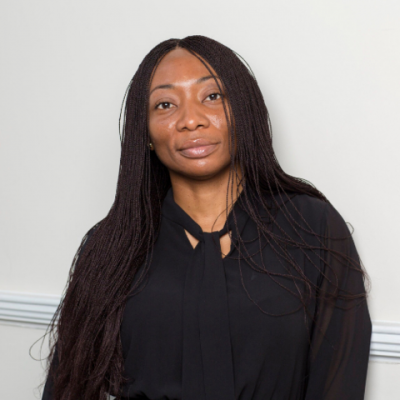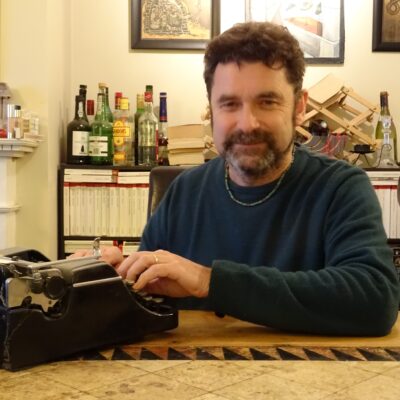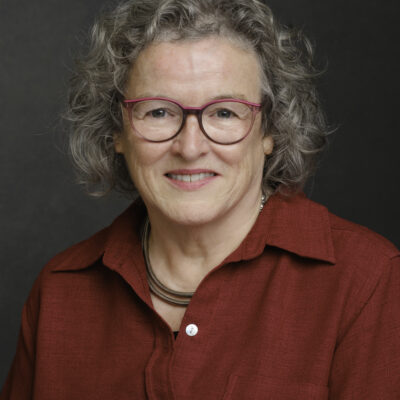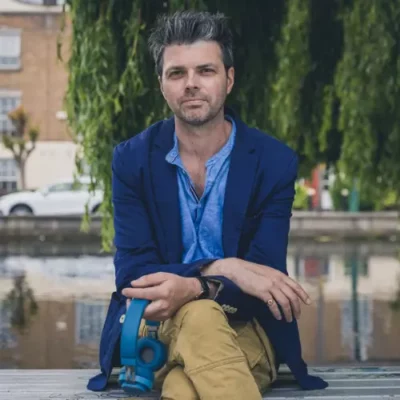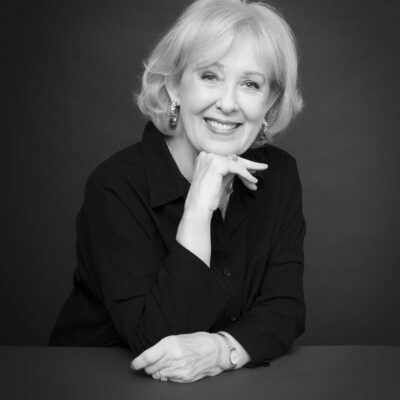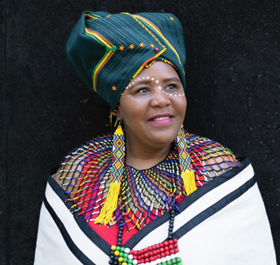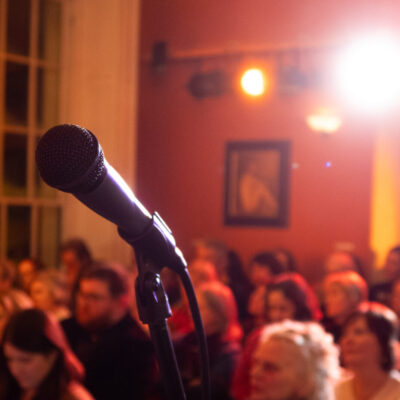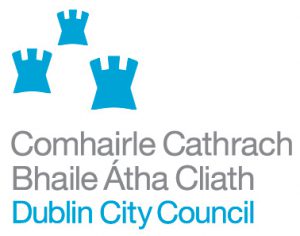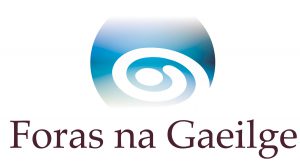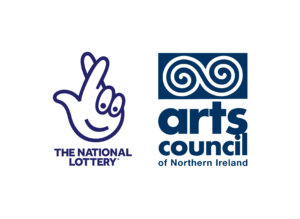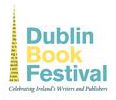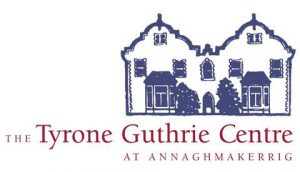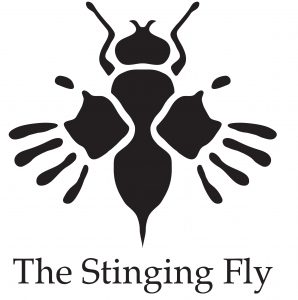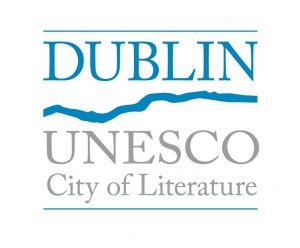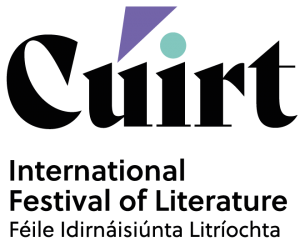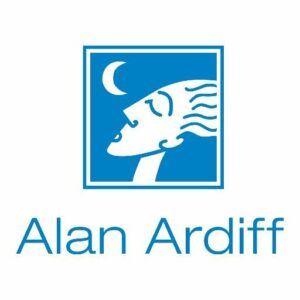New Irish Communities
Free creative writing workshops for non-native speakers to explore creative writing in English.
“English is not my native tongue, it’s not for many, many more creative practitioners today. So how do we navigate an English-dominated world with our writing explorations?”
Sree Sen, New Irish Communities facilitator
Welcome to New Irish Communities
The Irish Writers Centre’s New Irish Communities is an annual series of creative writing sessions for non-native speakers to explore creative writing in English.
In a warm and supportive environment, participants meet new writers, share their stories, and take part in creative writing exercises. All sessions are facilitated by writers from diverse literary backgrounds, in both poetry and prose.
New Irish Communities is ideal for beginner and emerging writers.
How does New Irish Communities work?
What do these workshop sessions look like?
The monthly writing sessions take place in the Irish Writers Centre building on Parnell Square (Dublin), facilitated by experienced writers and poets working in different genres and forms.
Please note, it is not necessary to have attended any previous New Irish Communities sessions to join in.
What do we do in these workshop sessions?
Each session lasts two hours and will consist of the following:
• Creative writing exercises
• Close readings
• Group discussion
• Critique and feedback of work
• Recommended reading
Each session functions as a stand-alone workshop, so it is not necessary to have attended any previous New Irish Communities sessions so drop in at any point.
New Irish Communities 2026
The New Irish Communities sessions for 2026 are as follows
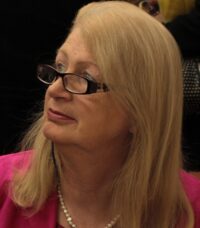
Session 1 Facilitated by Jean O’Brien
Date: Saturday 28 Feb, 2026
Time: 11.00am-1.00pm
Location: Irish Writers Centre
Free (book required)
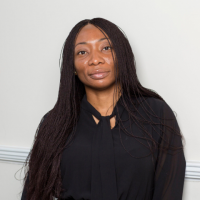
Session 2 Facilitated by Melatu Uche Okorie
Date: Saturday 28 March, 2026
Time: 11.00am-1.00pm
Location: Irish Writers Centre
Free (book required)
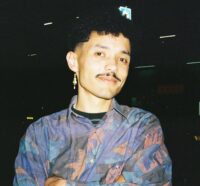
Session 3 Facilitated by Rafael Mendes
Date: Saturday 25 April. 2026
Time: 11.00am-1.00pm
Location: Online
Free (book required)
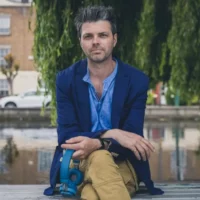
Session 4 Facilitated by Adam Wyeth
Date: Saturday 23 May, 2026
Time: 11.00am-1.00pm
Location: Irish Writers Centre
Free (book required)

Session 5 Facilitated by Adam Wyeth
Date: Saturday 26 Sept, 2026
Time: 11.00am-1.00pm
Location: Irish Writers Centre
Free (book required)
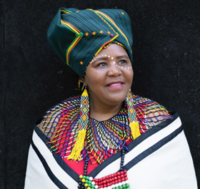
Session 6 Facilitated by Nandi Jola
Date: Saturday 24 Oct, 2026
Time: 11.00am-1.00pm
Location: Online
Free (book required)
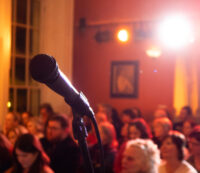
New Irish Communities End of Year Showcase
Date: Saturday 28 Nov, 2026
Time: 11.00am-1.00pm
Location: Irish Writers Centre
Free (book required)
Meet the Community
The photos shows facilitator Jean O’Brien and some of our New Irish Communities members took part in our Showcase on 28 June 2025.
The featured readers included Anthony Kelly, Lola Le Guan, Valentina Tosi, Pat Béna-Hanly, Luciana Lynch, Ángeles Mañueco, Fabiana Reis, Sandy Seeber-Quayle, Xanda Monteiro, Yinka Parm, Edgard Wentz, Marc Gijsemans, and Luisa Di Somma.
Every month, the Irish Writers Centre will highlight the work of the New Irish Communities members. You can read contributor Anthony Kelly’s piece below!
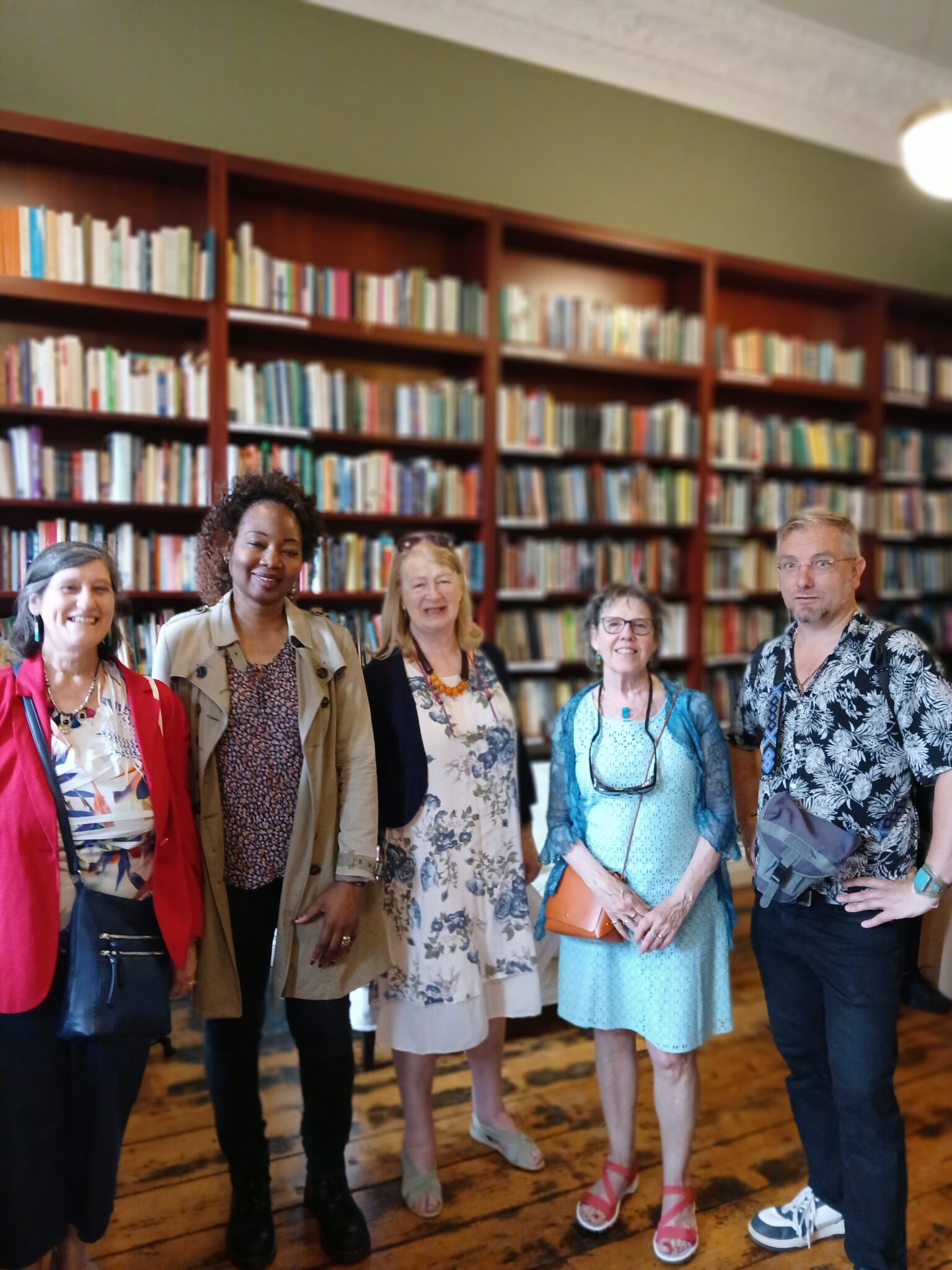
Read the Work of the New Irish Communities
Red Brick Suburbia by Anthony Kelly
Walking through red brick suburbia’s blooming eaves and green lanes, illuminated by golden light.
Grass and weeds sprout from concrete holes.
A tipped duck spreads ripples outwards as blurred joggers pass.
Dogs rap, couples stroll hand in hand in the dusk and I catalog trees.
The sky is open, pink yellow to pale blue. A golden coin shines through skeletal branches like etchings of lungs.
A silver tube ploughs through the hazy motted light, sliding toward tomorrow.
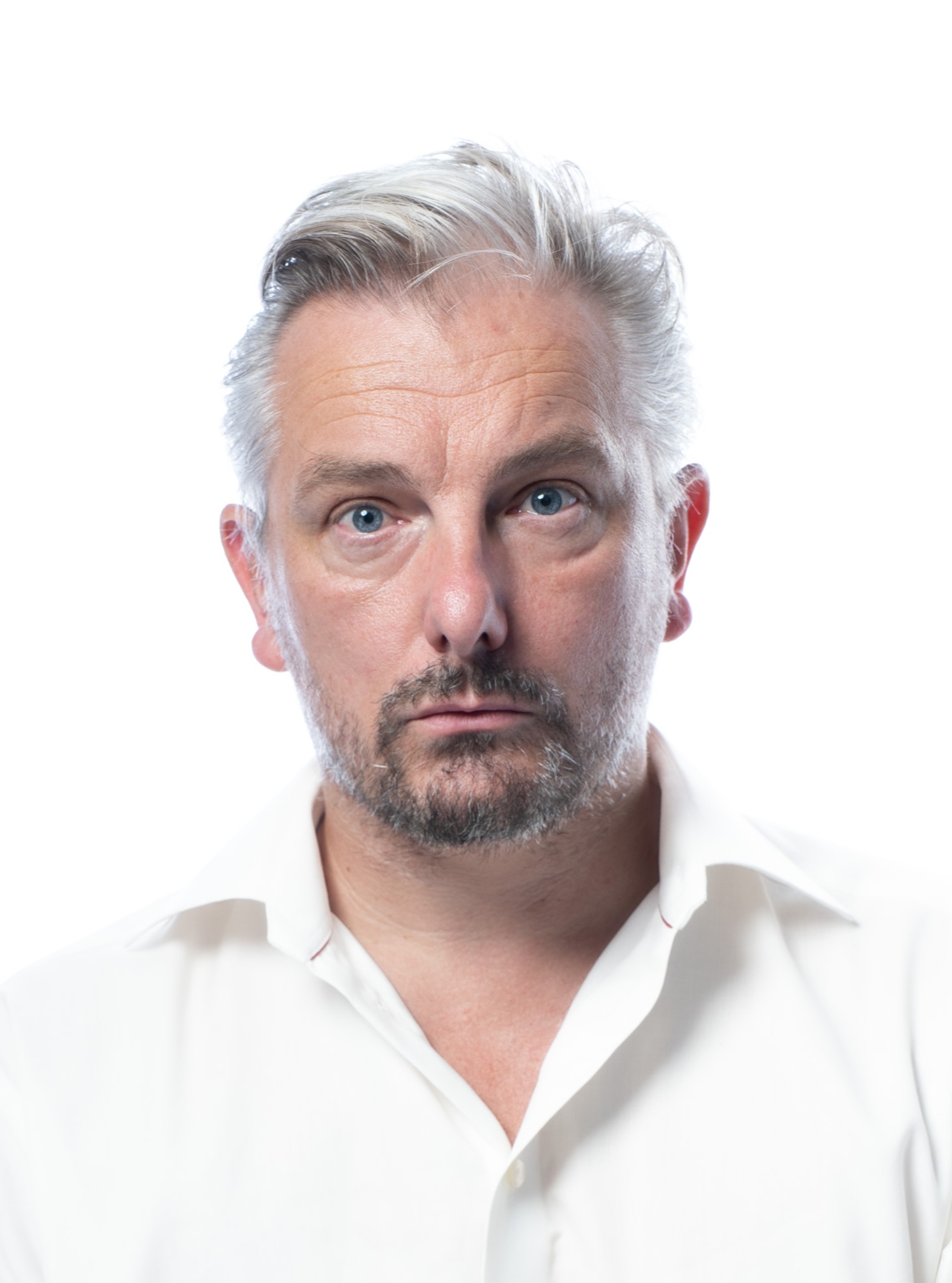
A Word from our Facilitators
Mark Granier
“The New Irish Communities (NIC) scheme, funded by Dublin City Council, was launched in October 2013. A year later, I was invited to take over, and it has been a privilege to contribute to such a vibrant and growing initiative. The original goal was to offer a series of creative writing workshops for non-native English speakers, a mission that continues to be at the heart of the programme. A few years later, the poet and tutor Jean O’Brien came on board, and it has been a delight to collaborate with her in its development. However, it is the enthusiasm and dedication of the participants that has truly exceeded expectations. It has been deeply gratifying to have a hand in establishing NIC, and long may it flourish.” Mark Granier
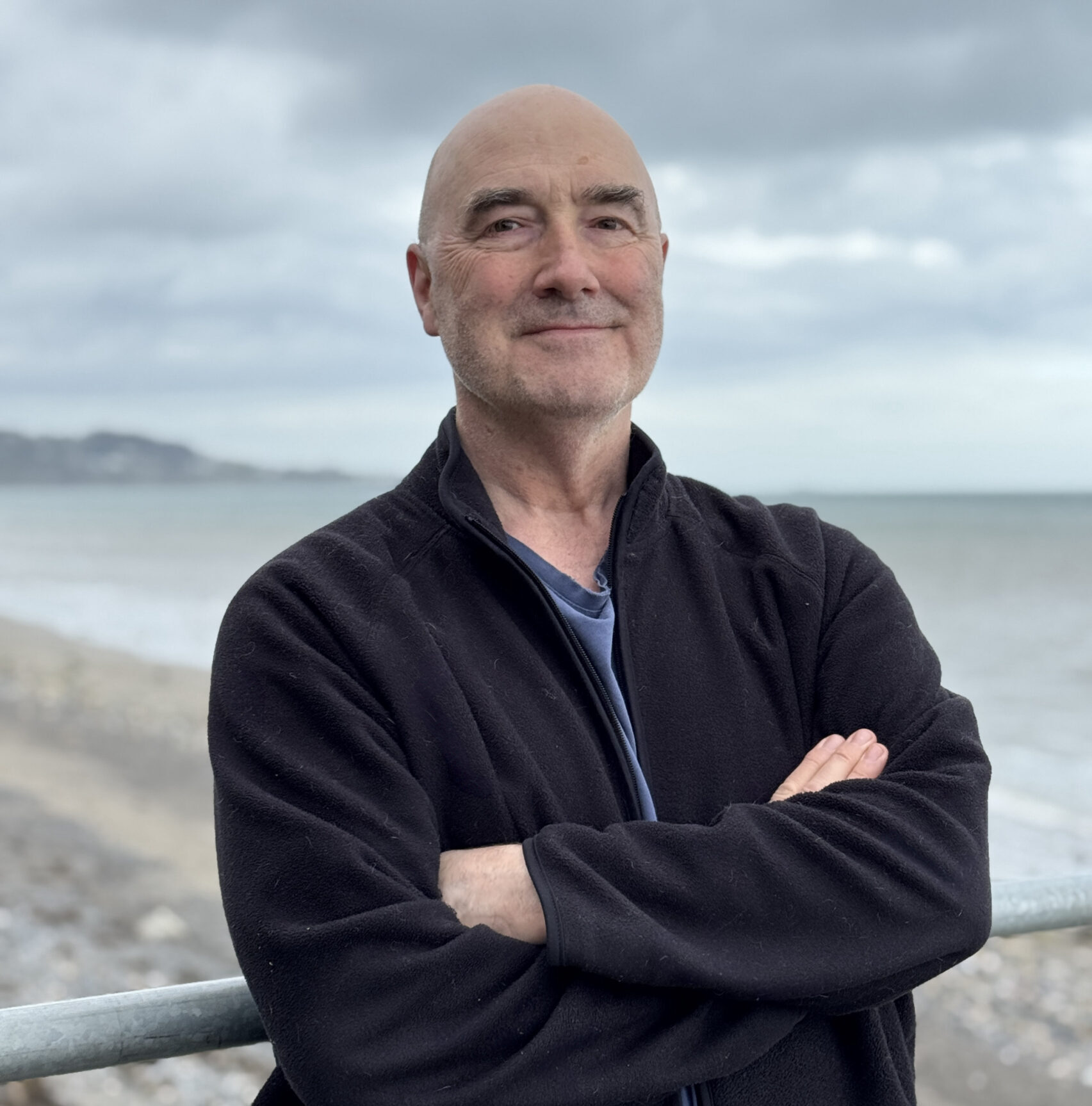
Jean O’Brien
“The New Irish Communities (NIC) scheme was in full flow when poet and tutor Mark Granier asked me to join, a number of years after he had taken the reins. Over the years it has grown and blossomed, with a core group staying with us developing and flourishing, some have had their work taken up by main stream Irish publishers, others have broadcast on RTE National Radio and local stations. Many participants keep in touch for years, others dip in and out; some have even formed sub-groups and stay in touch as friends as well as fellow writers. Jean O’Brien
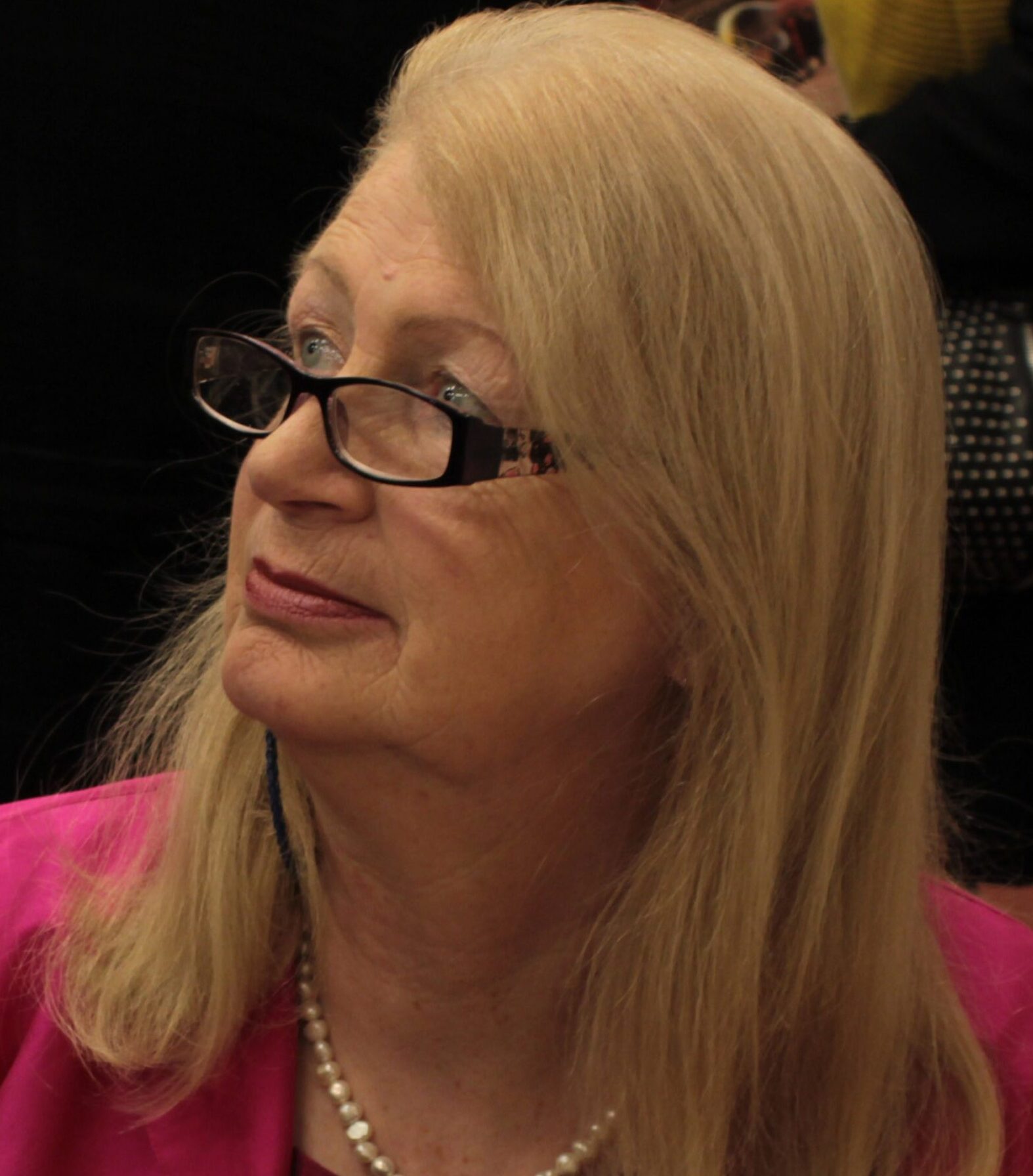
Rafael Mendes
Rafael began as a member of the New Irish Communities and has been a NIC facilitator for the past two years.
“The story of how and when I first attended the New Irish Communities (NIC) has been fictionalised as memory fails me. In 2018, or possibly 2019, following an ambitious goal of writing in a second language, in which I had rudimentary proficiency, I attended a session led by Mark Granier, perhaps Jean O’Brien. During those Saturday mornings at the Irish Writers Centre, encouraged by that community and by the talent and generosity of those poet-mentors, I decided to be a writer, to improve my craft, to have some time in my day to be in writing mode, not to be satisfied with a first draft, not to give up with rejections, and to foster more communities. By inviting a former NIC member to lead a session, the Irish Writers Centre afforded me a chance to retribute to the community, to Jean, and Mark. For anyone whose English is not the first language, come along one day: I’m sure you’ll have a nice time. Rafael Mendes
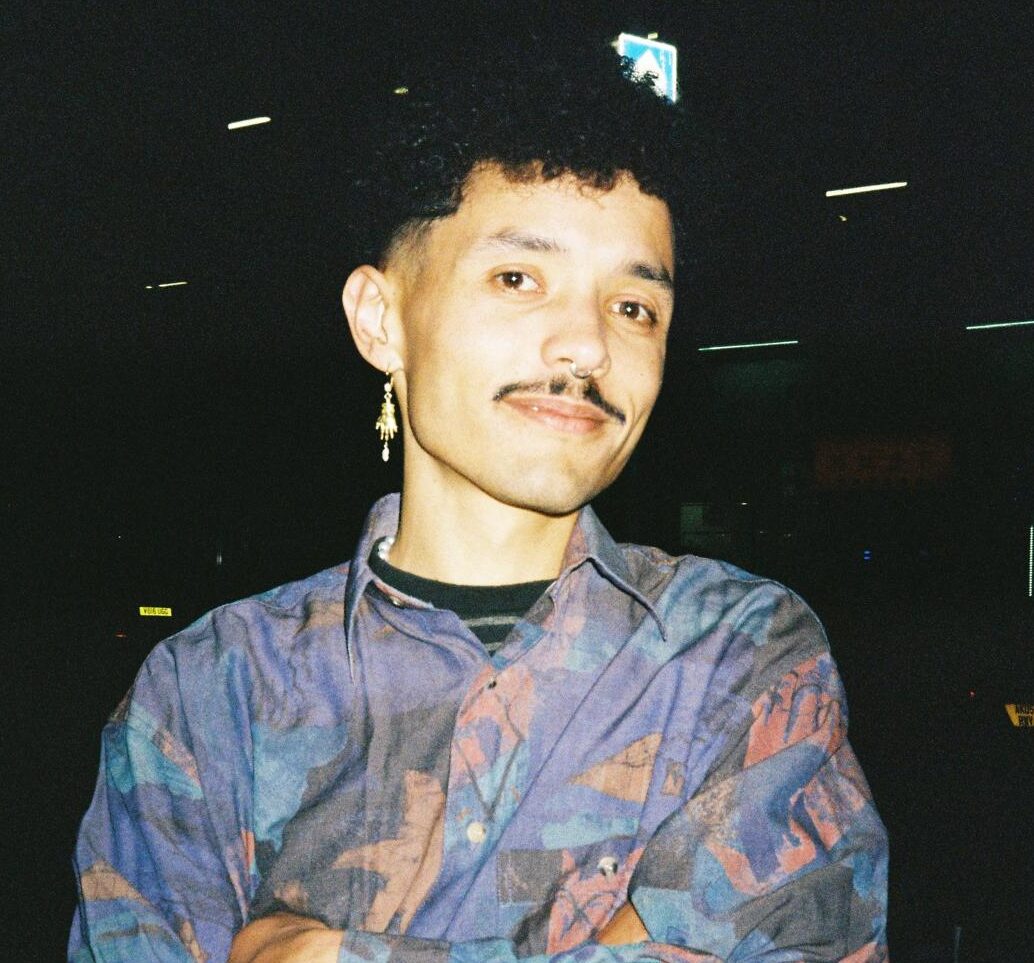
Since 2013, New Irish Communities has been kindly supported by Dublin City Council.


